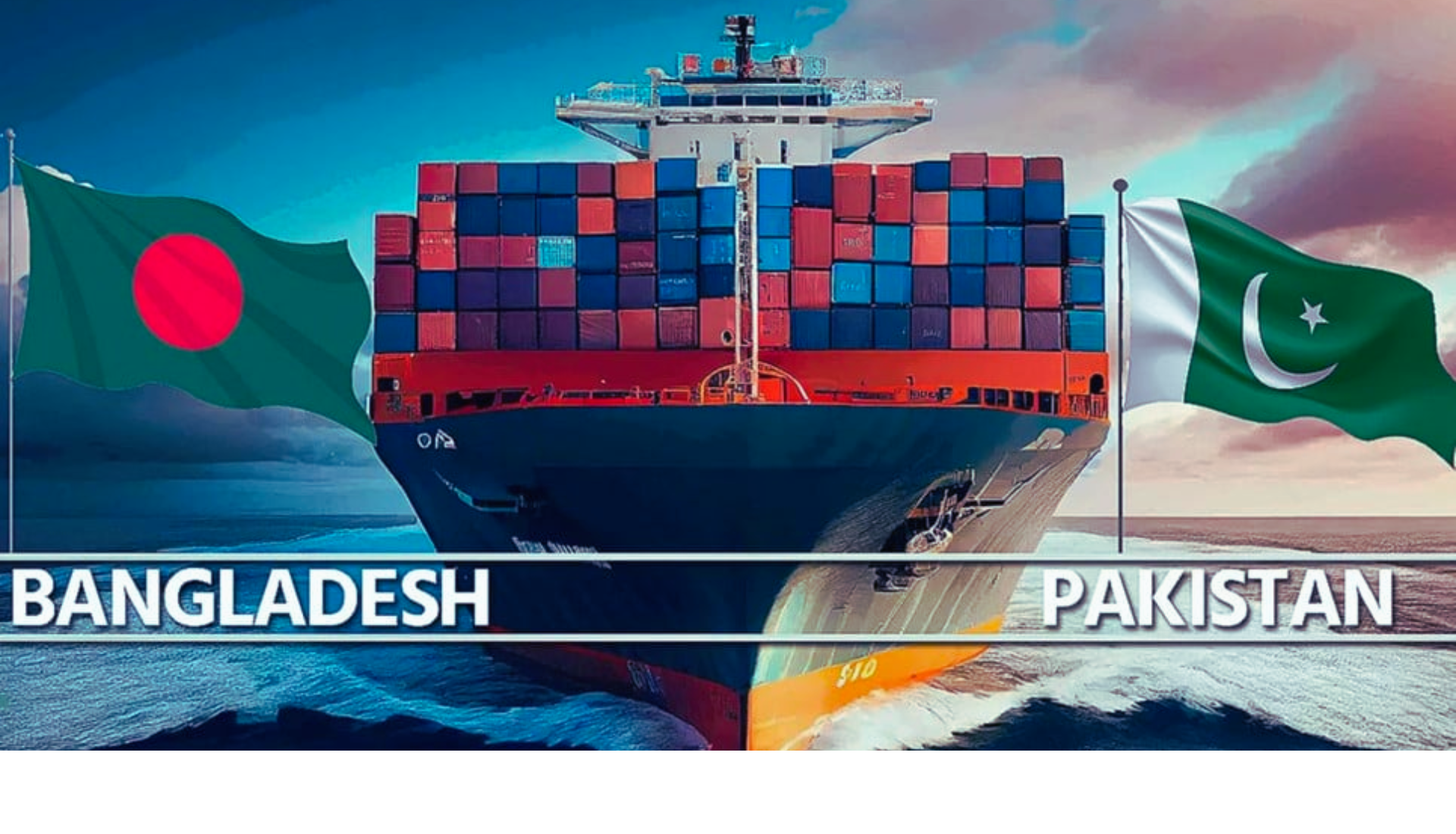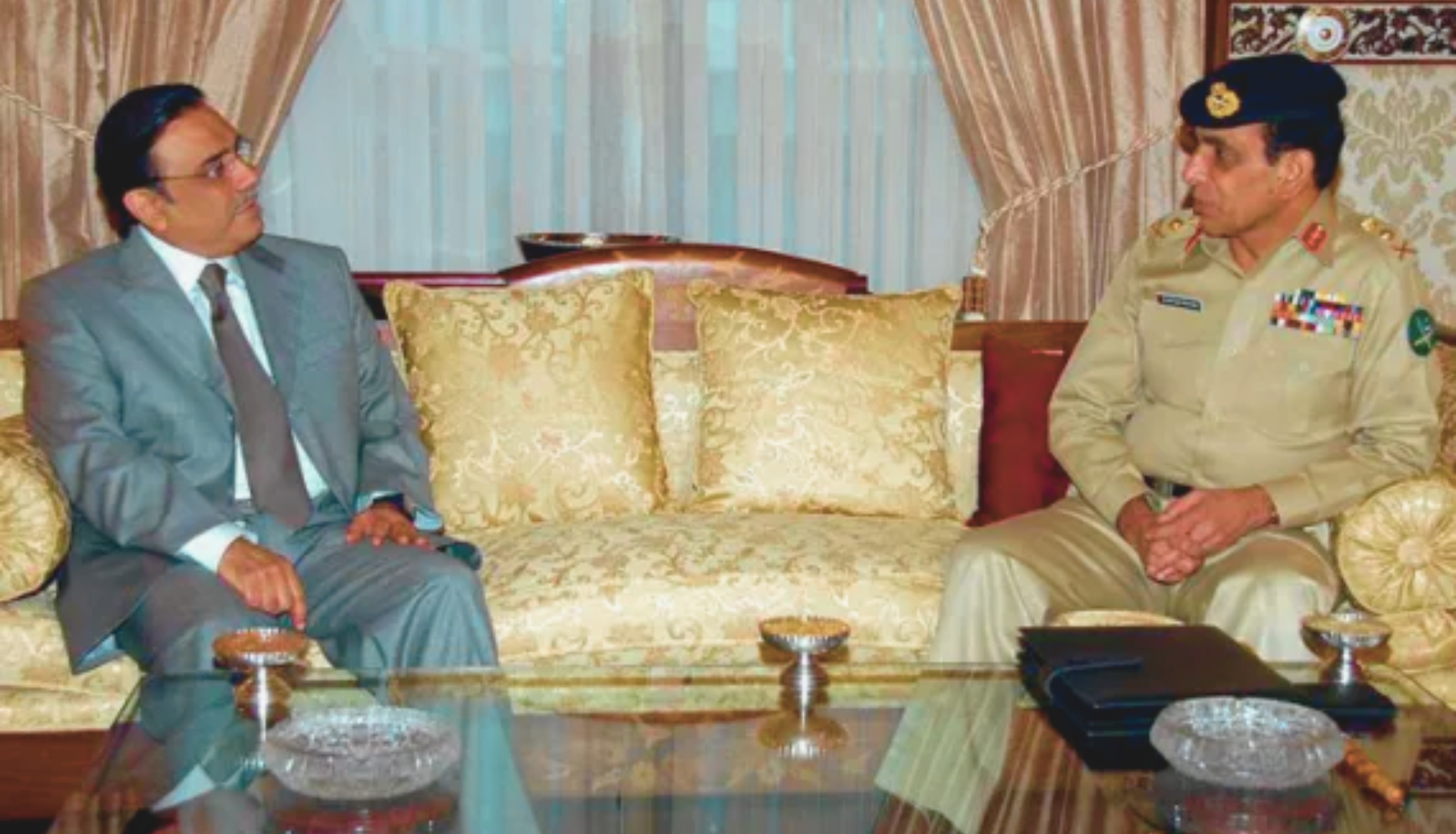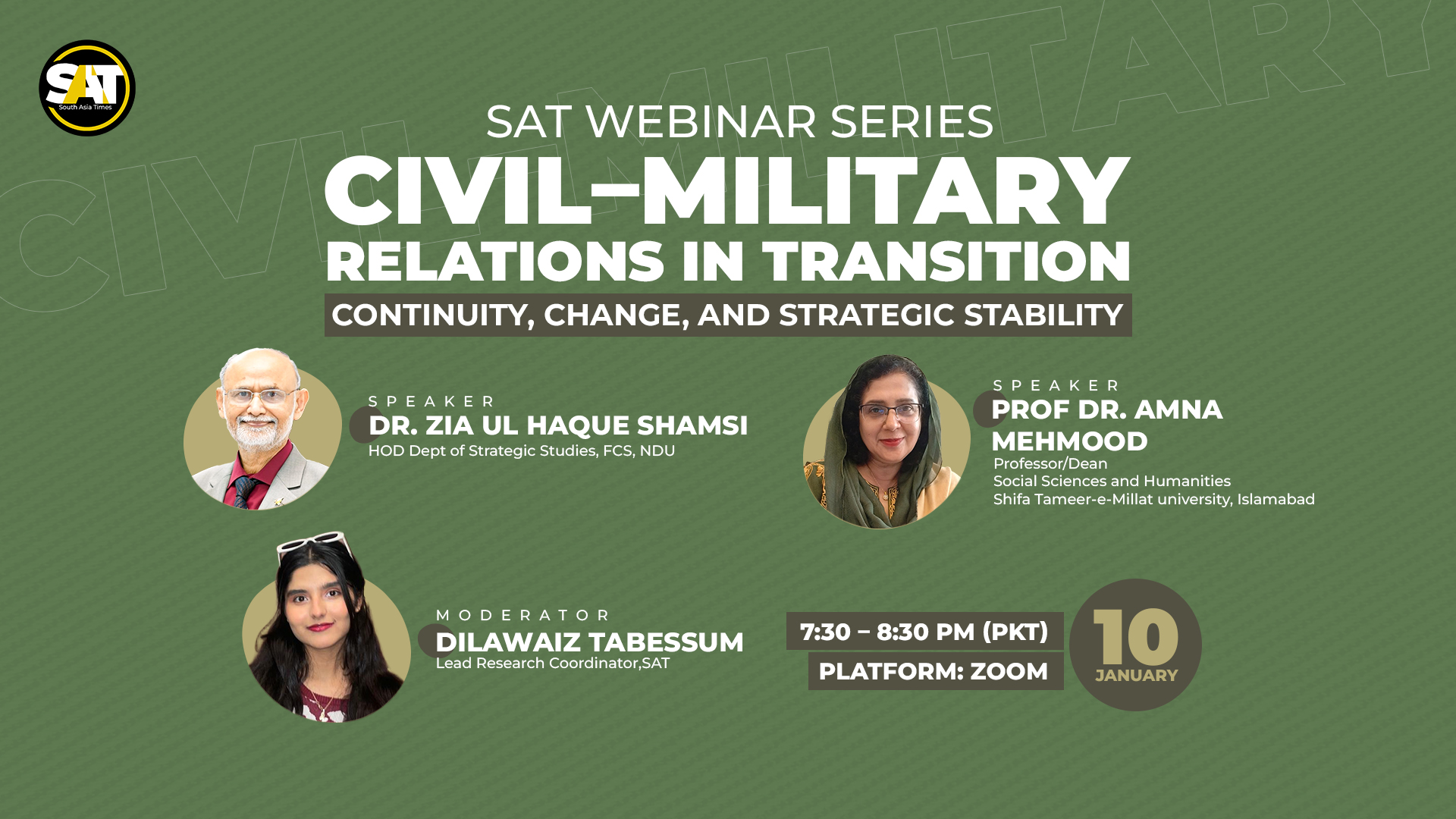The closure of the Torkham border between Pakistan and Afghanistan has now entered its 18th consecutive day, disrupting trade and leaving thousands of people in financial distress. The key crossing point, which serves as a vital trade corridor between the two countries, remains shut due to an escalating dispute over construction in a contested area.
According to Pak-Afghan affairs analyst Naseeb Shah Shinwari, certain locations along the Torkham border remain disputed. He cites a senior official from a research organization in Islamabad who revealed that an informal agreement exists between the two governments, stipulating that any construction in these areas should be carried out through mutual consultation and consent. However, Afghanistan’s unilateral decision to build a controversial checkpoint in the disputed area has triggered tensions, leading to the border’s prolonged closure.
“The Torkham crossing is a crucial economic artery for both nations, with approximately $3 million in bilateral trade flowing through it daily,” Shinwari stated, quoting a customs official. “The continued shutdown is inflicting millions of dollars in financial losses on Pakistan’s already struggling economy.”
Also See: Torkham Tensions: Afghan Forces Withdraw Excavator After Jirga Intervention
Beyond the economic toll, the closure has severely impacted local communities reliant on cross-border movement for their livelihoods. Shahin, a laborer at Torkham, described the crisis, emphasizing that thousands—including daily wage workers, cart pullers, hotel employees, and transport operators—have been left jobless, pushing them into a dire financial situation.
Shinwari underscores that both countries must adhere to their existing understanding regarding disputed territories and refrain from unilateral actions that fuel instability. “Pakistan and Afghanistan must exercise restraint and engage in dialogue,” he urged. “If both nations resort to rigid postures, it will only deepen the crisis, harming their economies and regional stability.”
As the border remains closed, the urgency for diplomatic engagement grows. Analysts warn that failure to resolve the dispute could further strain already fragile Pak-Afghan relations, making an amicable settlement imperative.
Disclaimer: This article is for news reporting purposes only and reflects the analysis of Pak-Afghan affairs analyst Naseeb Shah Shinwari.






